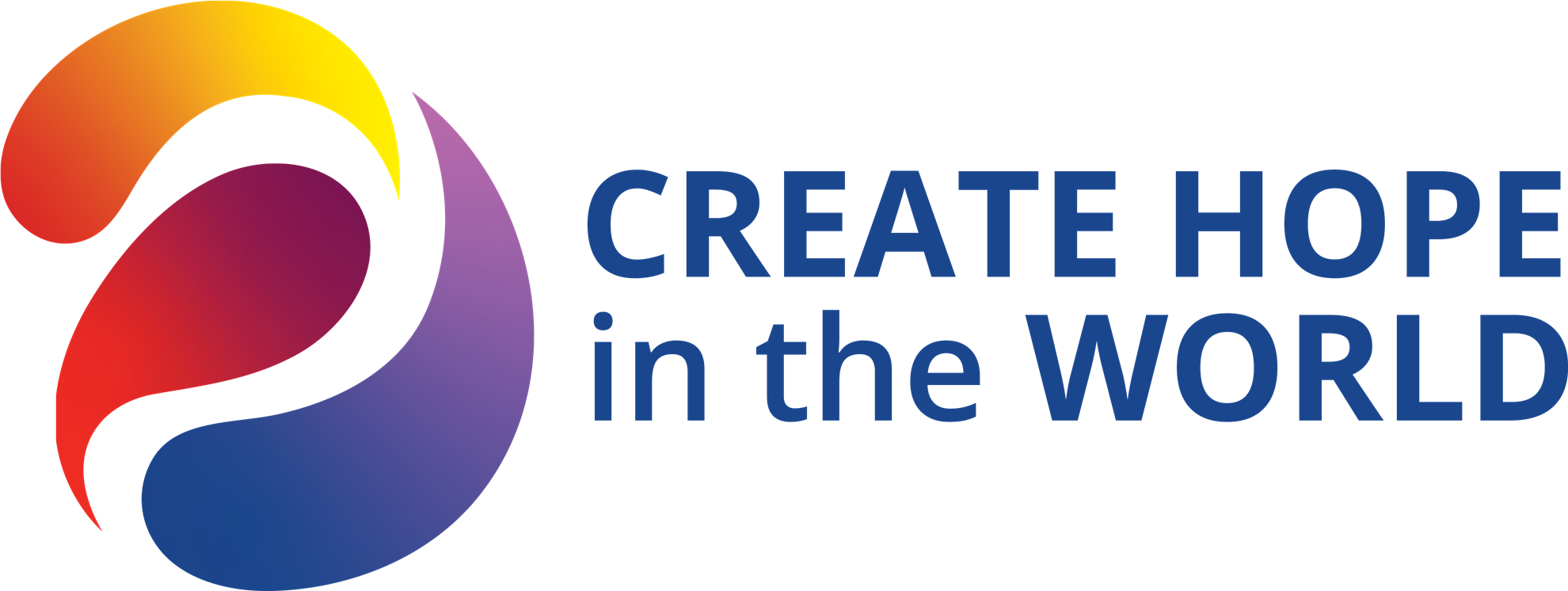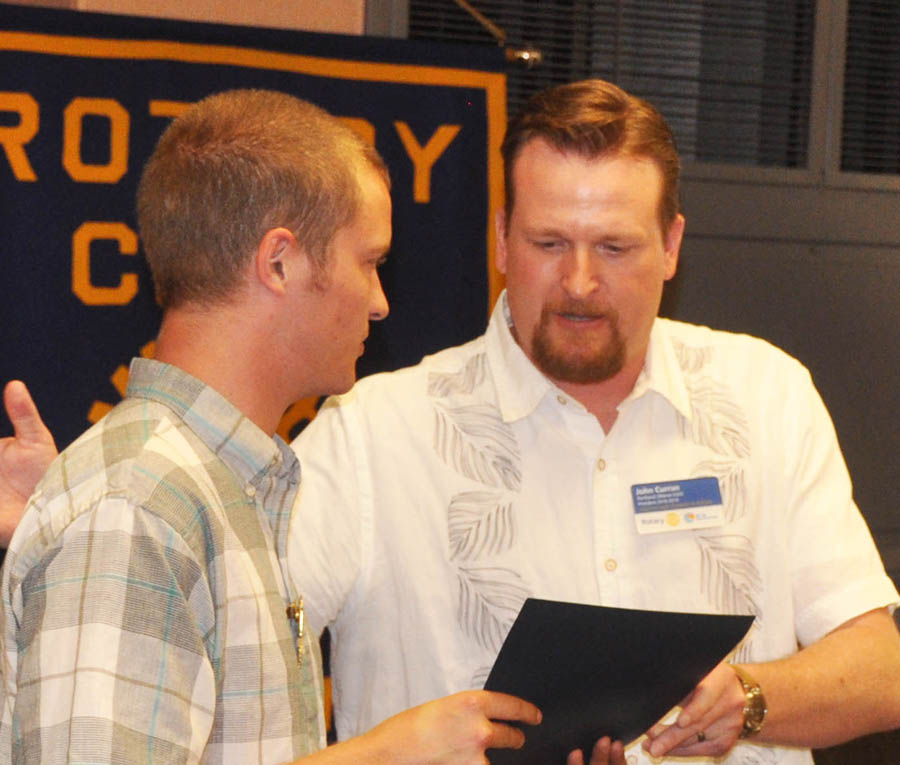Portland Rotarian, Jesse Harvey was our speaker this week. As many already know, he is a person in long term recovery from Substance Use Disorder (SUD). Jesse’s focus was to help us understand the problem better and explain how we and others can help.
Jesse said that Portland is a recovery ready community and more communities need to become one also. 418 Mainers died of OD last year while there were only 171 traffic deaths. More died in the US in 2016 than in the whole Vietnam war. There is a 20% decline in males in labor force due to SUD. Jesse thanked the district and our club for being recovery allies, who enable recovery to happen.
Jesse told us that in five weeks, he will have achieved 36 months in recovery. His mom worked for the UN, so Jesse grew up living in many countries. They moved to Buffalo at age 12, then MA, and his parents divorced while he was in High school. Jesse started drugs as it was easier to get than alcohol, heavily misusing pills acquired from doctors. He added alcohol in college staying 8 months before being asked to leave school. He moved to PA, enrolled in school, and was working for an attorney. After graduation he needed alcohol every 3-4 hours, and his legal problems started. He was in and out psych hospitals multiple times, involuntarily committed 4 times, and discharged to streets. The 5th time, he was discharged to a recovery house. After 3 months, he began working, and 3 months later had a full time job, and now has become more and more involved in advocacy.
Multiple programs are needed to be recovery ready because different people have different needs. Anonymous programs will not allow pushing for the macro changes. SUD is a diagnosed medical condition where the brain gets rewired by the substances. Recovery is a process to health, home, community and purpose.
Adverse childhood experiences lead to disrupted development, and if untreated, will lead to drugs, alcohol and other issues. Recovery oriented systems of care (ROSC) need to have the range to cover the needs of many different people. Lack of a continuum of care is a bridge to nowhere. Many systems treat the acute, with nowhere to go for continuing care. Recovery requires a continuum of care, which includes intervention, harm reduction, treatment, and recovery supports.
Words have an immense power to wound and hurt, as well as inhibiting the needed changes to society. Health outcomes are different based on words used to describe condition.
No one is immune to implicit biases. Example: Drug addict should be referred to as a person who uses drugs. Words and concepts can elevate and celebrate – Example: People seeking long term recover. Recovery ready communities have sustainability and end the stigma and discrimination of the disease or its recovery. Opportunities for Rotarians include recovery coaches, Narcan training, support legislation, educate peers, and value programs. Direct support can be driving people to recovery programs and actively using destigmatized language and person-first language. Contact Jesse if you want to help at: jesse@journeyhousemaine.com.
(L-R: Jesse Harvey and President John Curran.)

